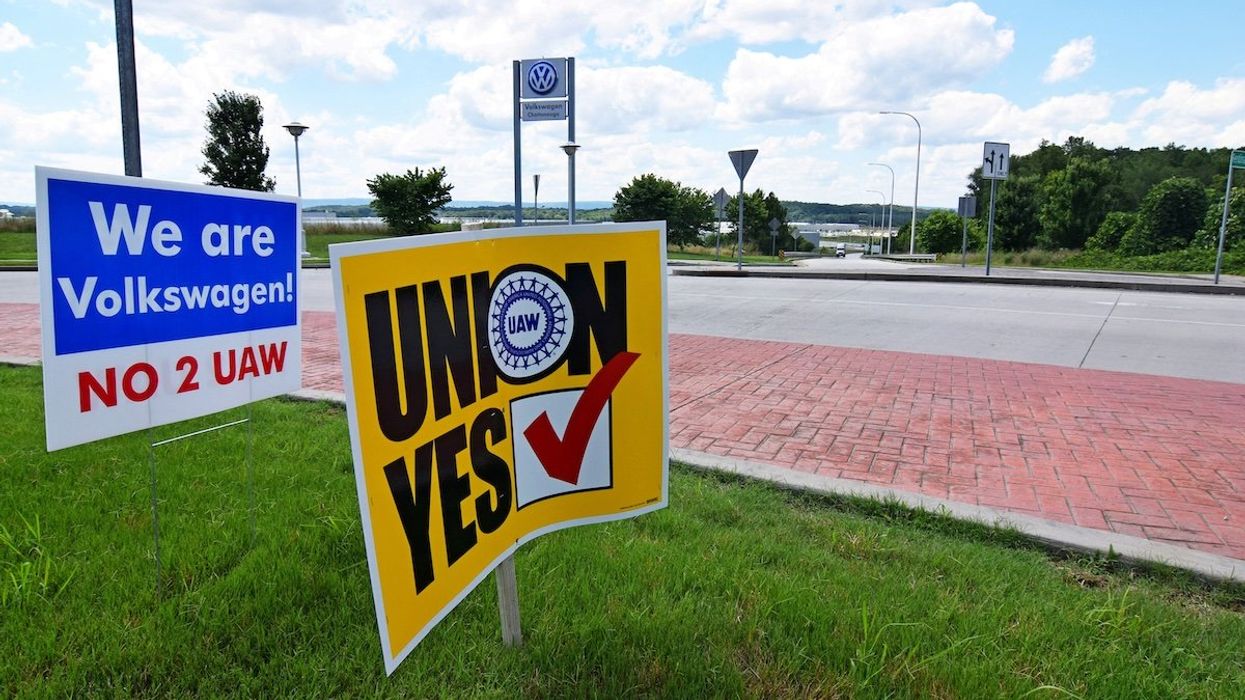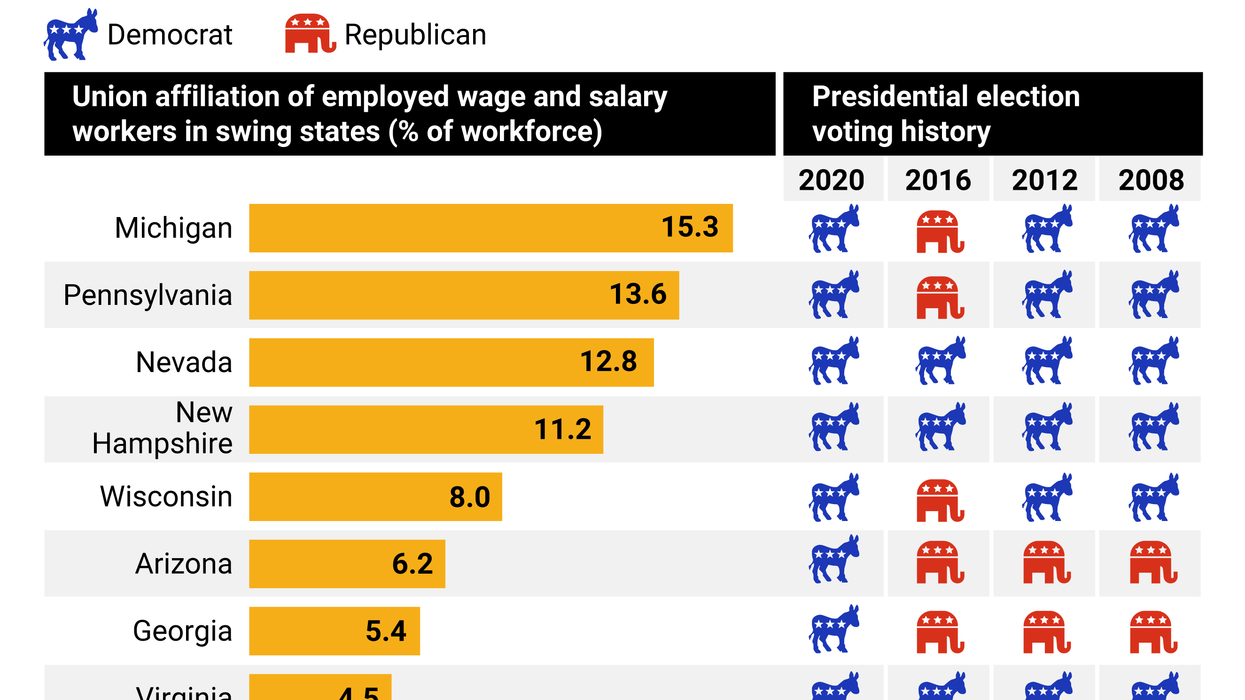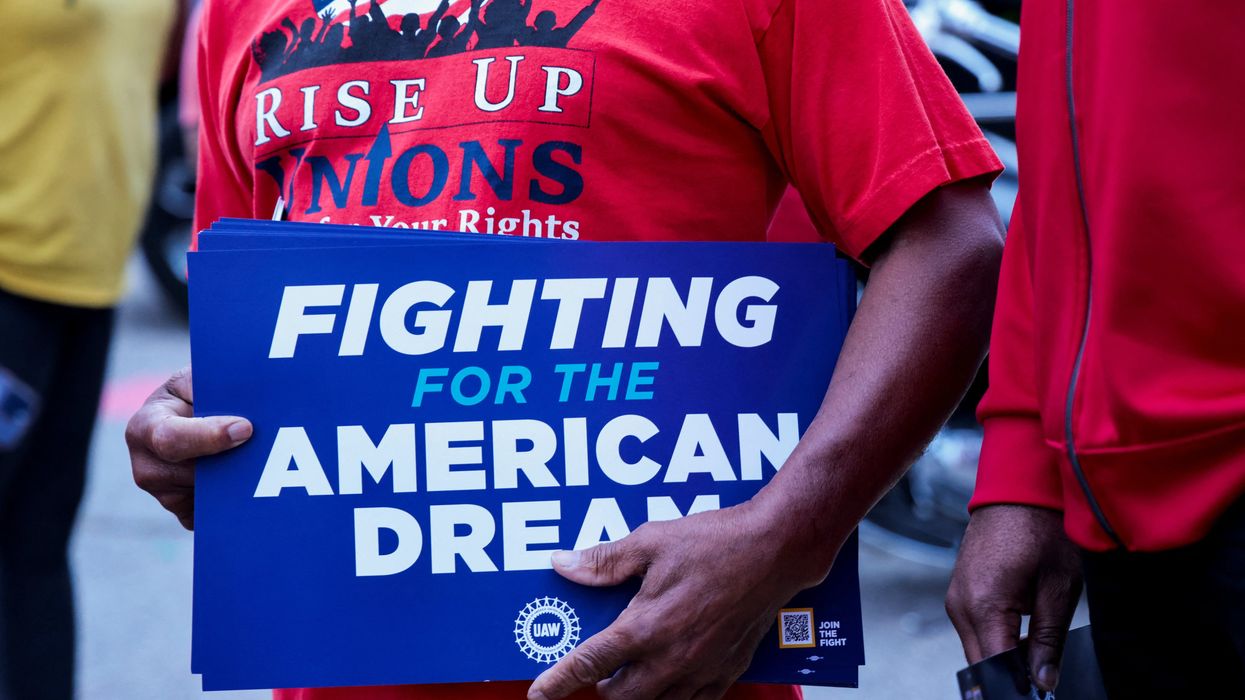What We're Watching
Tennessee VW vote tests future of unions in the South
Workers at the Volkswagen plant in Chattanooga, Tenn., have until 8 pm Friday to choose whether to join the United Auto Workers union, a vote that could determine the trajectory of labor unions across the American South.
Apr 18, 2024



